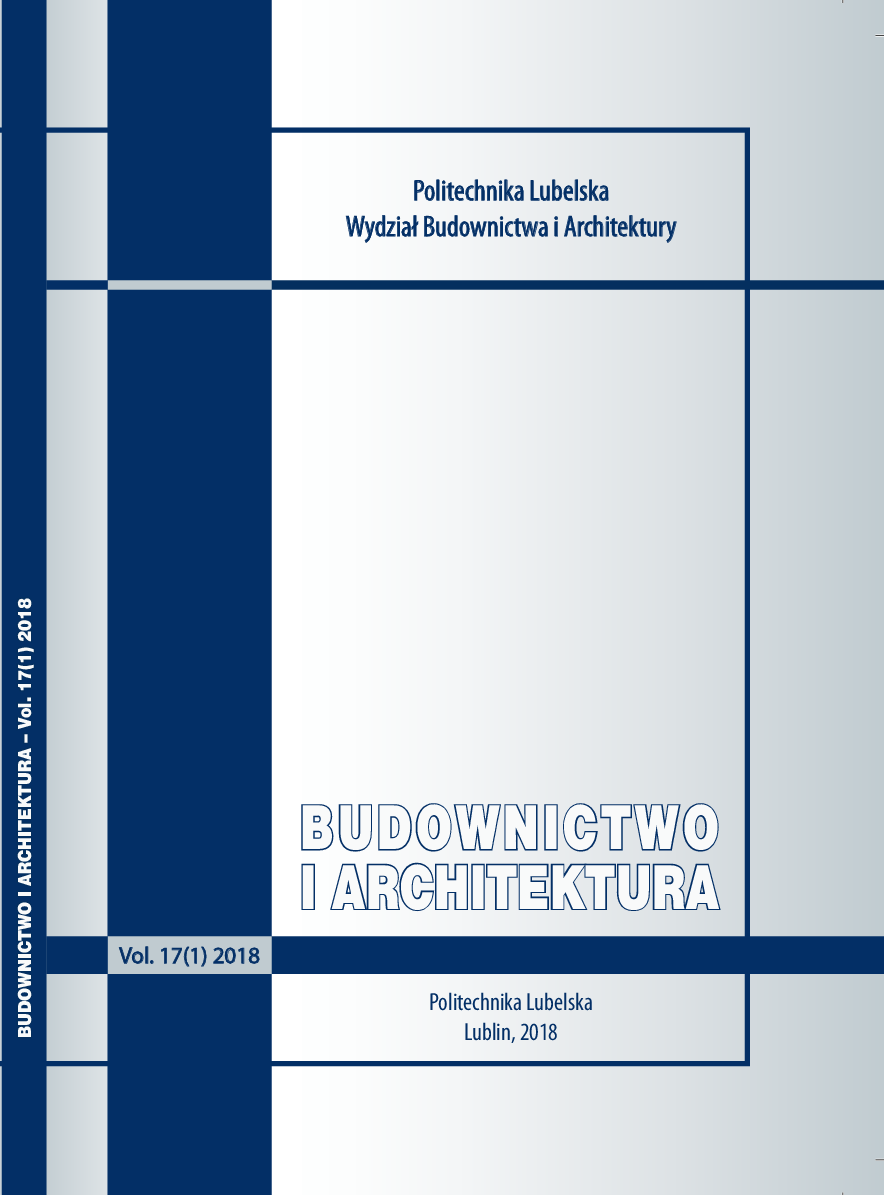Kultur Büro Elisabeth w Berlinie – kościoły do wynajęcia
Kultur Büro Elisabeth in Berlin – Churches To Let
Author(s): Marta Alina RusnakSubject(s): History, Geography, Regional studies, Regional Geography, Applied Geography
Published by: Biblioteka Politechniki Lubelskiej
Keywords: churches; revitalization; cultural adaptation; ruin; monument management; Berlin
Summary/Abstract: After the end of World War II, Berlin – just like other parts of Germany and Europe – witnessed the phenomenon of growing secularization of society. In many regions the extent of this trend resulted in a dire need of ideas that would not only solve the problem of the shrinking budgets of religious communities, but also revive those buildings in possession of the Church that had become less and less often used. Forsaken temples equaled a decline in the town’s coherence, since a part of what had been lost were the once significant social bonds that religious meetings had long helped keep alive. In Berlin, and in the Mitte district in particular, the issue of economic exploitation of religious objects gradually gained importance and the various ideas of what use to make of those buildings evolved over the course of nearly 50 years. Kultur Büro Elisabeth was formed in 2014 as a result of many transformations. It has been brought to life not only to save the world-class historical monument by K.F.Schinkel but also to restore past spatial and social relations. A dialogue that had carried out for years between the religious authorities, various experts, entrepreneurs and simple city dwellers made it possible to begin a multifaceted process thanks to which all the buildings of the Protestant Church in that part of Berlin are now given a new life – in terms of both their looks and use. Moreover, the buildings take part in creating modern cultural values, which contributes to the revival and/or reinterpretation of their past character. What is important, Kultur Büro Elisabeth has operated as a non-profit institution without funding from the authorities since 2014. This suggests that a model of operation has been worked out that is satisfactory from the economic perspective, too. Therefore it appears beneficial to take a closer look at the mechanism applied in Berlin and consider its possible adaptation in Poland.
Journal: Budownictwo i Architektura
- Issue Year: 16/2017
- Issue No: 2
- Page Range: 65-80
- Page Count: 16
- Language: Polish

